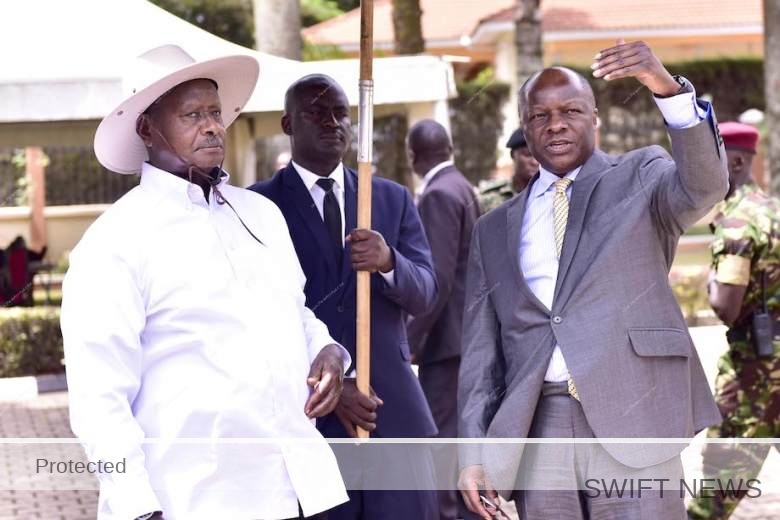
By Our Report
On May 27, the Buganda Kingdom responded to President Yoweri Museveni and his family’s apology with a statement that blended traditional diplomacy with subtle political pressure.
Speaking on behalf of the kingdom, the spokesperson affirmed that the Kabaka always pardons those who seek forgiveness, a reflection of Buganda’s cultural commitment to reconciliation. Yet, beyond this symbolic acceptance, the kingdom didn’t shy away from pressing deeper issues.
The spokesperson called on Museveni to revisit the original 10-Point Program—the foundational manifesto of the National Resistance Movement (NRM) from the 1980s. This program promised democracy, security, and economic fairness, but Buganda feels these promises remain largely unfulfilled.
Land grabbing and forced evictions were spotlighted as urgent concerns. The kingdom, particularly sensitive about land rights due to its history and central location, sees ongoing land encroachments as a betrayal. Government-linked elites have been accused of exploiting land for personal gain, causing uproar among ordinary citizens. (Video:Credit NTV)
Another pressing issue raised was the continued abductions of citizens. The statement linked these incidents to long-standing state violence, especially during election seasons. The 2020–2021 elections saw some people abducted for political dissent, leaving families without answers and intensifying public mistrust.
Buganda’s history with the central government is complex. Once abolished and later restored under Museveni, the kingdom’s position has often been precarious.
This latest statement suggests that while tradition compels forgiveness, meaningful change is needed for true reconciliation. Symbolism alone, won’t repair what systemic neglect continues to damage.

